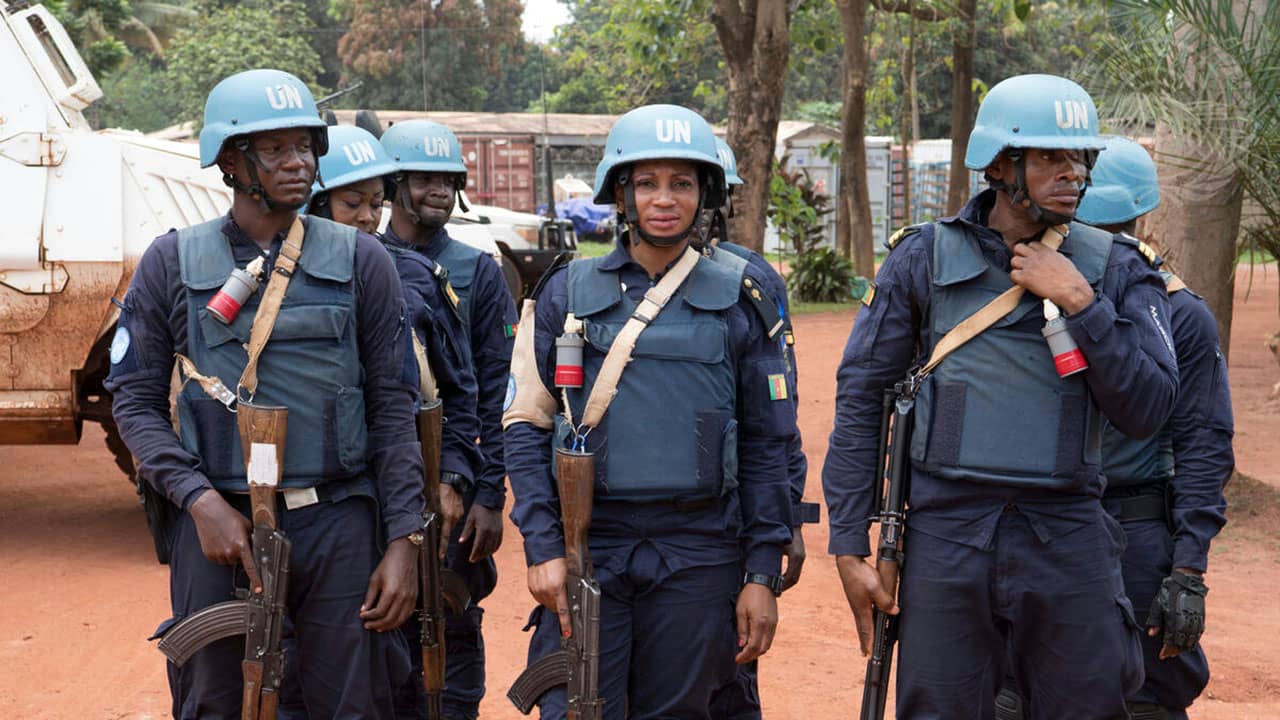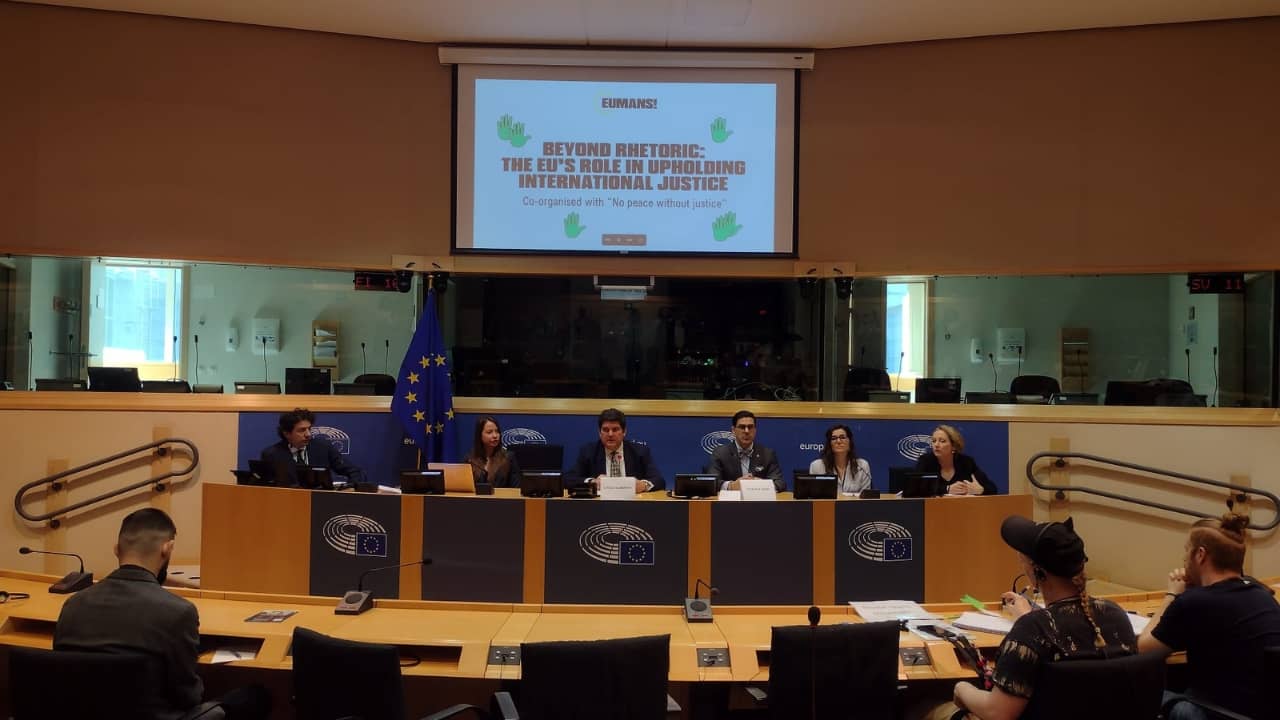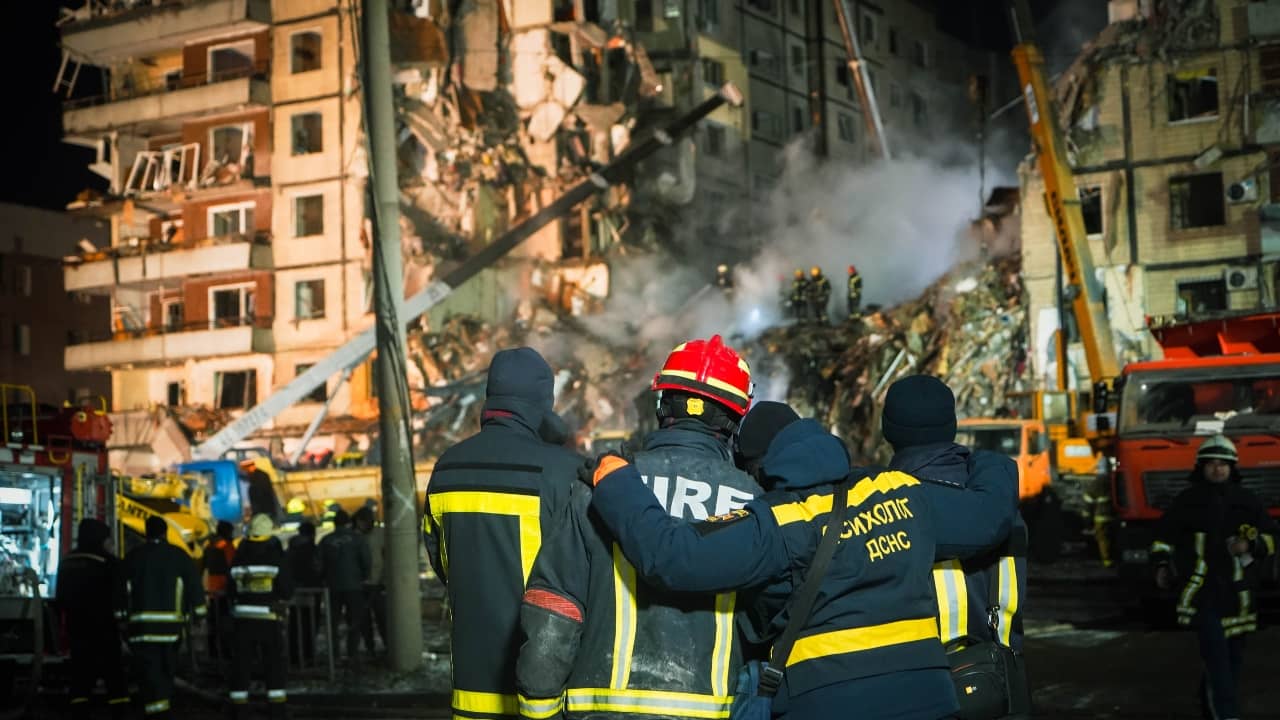
We, members of Parliamentarians for Global Action (PGA) in the Central-African Republic (CAR), have been alarmed by recent reports about the inaction of the United Nations peace-keeping operation MINUSCA (United Nations Multidimensional Integrated Stabilization Mission in the CAR) in the face of the commission of atrocities by armed groups.
After the beginning of the crisis the country has experienced since 2012, which led to a war between communities which caused losses in human lives, exactions against civilians and widespread pillaging, the Security Council of the United Nations, acting on its responsibilities under Chapter VII of the Charter of the United Nations, adopted in April 2014 Resolution 2149, which creates MINUSCA. MINUSCA took over from the African Union peace-keeping operation, MISCA, and the existing UN office in CAR (BINUCA, Integrated Peacebuilding Office in the CAR).
While CAR has made huge strides towards rebuilding its institutions and protecting the human rights of all individuals and communities, armed groups remain active on its territory and continue to commit acts that may amount to the most serious crimes under international law. As PGA members and, above all, as representatives of the Central-African Nation, we have made clear our commitment to the fight against impunity for authors of such atrocities by supporting the International Criminal Court (ICC), by creating a Special Criminal Court (SCC) and by strengthening the framework our domestic courts may use, in line with the recommendations made by the National Forum of Bangui.
We are, however, deeply preoccupied that not enough is being done to prevent the commission of such crimes. Over the years, the MINUSCA has provided some very useful services, but has also failed to protect Central-Africans in many ways. There have been numerous accounts of sexual violence and exploitation, including of children, by peacekeepers – none of whom has been brought to justice to this day. We have also witnessed the reluctance of some MINUSCA contingents to protect civilians against armed groups. More than 60 people were recently killed and more than 20,000 internally displaced people forced to flee once again in Alindao, where MINUSCA holds a base close to the internally displaced people’s camp. This has led some political leaders, religious authorities and the population to denounce the inaction of the contingents present to prevent the attacks on vulnerable civilians.
While we sympathize with statements made by MINUSCA officials that their resources are limited, we also believe the international community need to do more to ensure that the peace-keeping operation in our country be renewed and strengthened. In particular, we call on the United Nations and its Member States to ensure that the mission enjoys sufficient resources, that both its military and civilian members are properly trained, and that a particular attention be paid to guarantee that that the contingents sent remain entirely independent of the armed groups involved in the conflict and actively protect all civilians.
As members of the National Assembly and representatives of the Central-African Nation, we take very seriously our responsibility to support the lifting and consolidation of peace in the Central-African Republic and to offer a better future to our people, safe from such atrocities. In doing so, we require the support of the international community through a peace-keeping operation that effectively protects civilians and executes its mandate responsibly and in the full respect of human rights. Hon. Béatrice Epaye, Member of the National Assembly of CAR, Chairwoman of the Foreign Affairs Committee, Deputy Speaker of the CEMAC Parliament Chairwoman of PGA’s National Group in CAR, Chairwoman of the Forum of Central-African Women Parliamentarians




